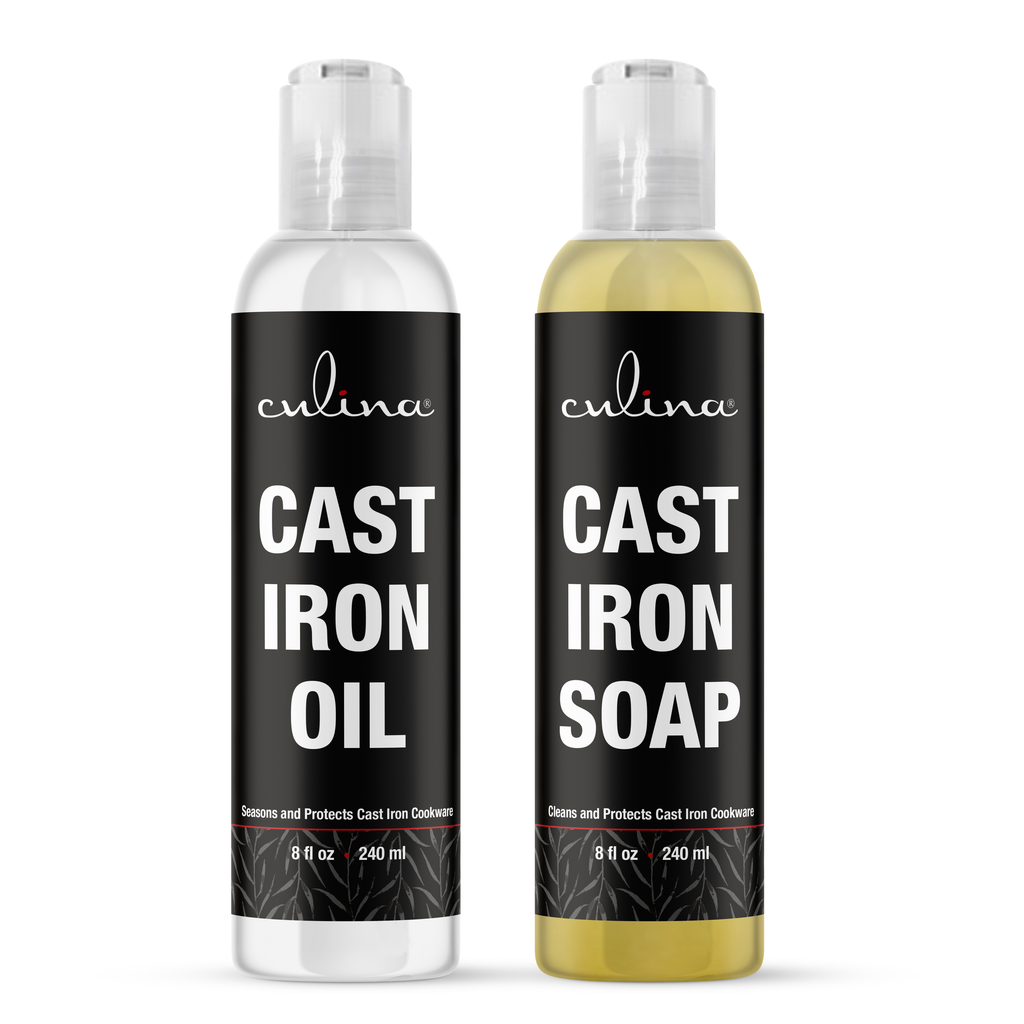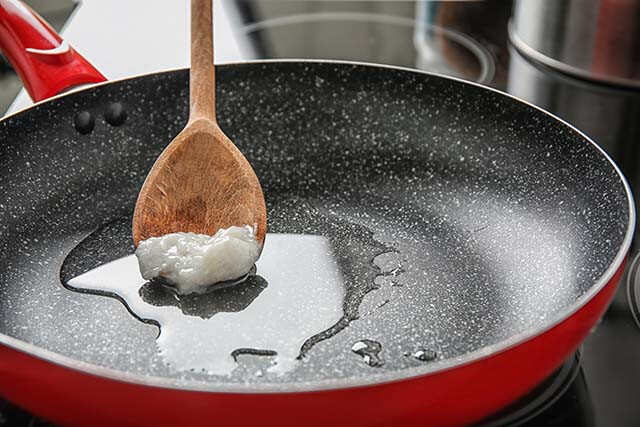What is the Difference Between Refined and Unrefined Coconut Oil?
Coconut oil has taken the beauty world by storm and with the rise in popularity, many beauticians are left wondering, what is the difference between refined and unrefined coconut oil? Both types offer unique benefits and characteristics that can cater to different beauty needs.
In this article, we're diving into the fascinating aspects of both refined and unrefined coconut oil. By the end, you'll be equipped with the knowledge to make informed decisions for your beauty regimen.

Understanding Coconut Oil
Coconut oil is derived from the fruit of the coconut palm and has long been celebrated for its myriad health and beauty applications. Beauty professionals often choose between refined and unrefined coconut oil based on their specific uses and the desired outcomes they want to achieve in skincare.
What is Refined Coconut Oil?
Refined coconut oil is processed to remove impurities, odors, and colors. This process often involves using heat and sometimes chemicals, making it more versatile for different applications. It has a higher smoking point, making it ideal for cooking. But what does this mean for your beauty routine? Refined oil is less likely to impart any coconut flavor or scent, which can be a plus for some. However, the processing strips away many of its natural nutrients and might not be as beneficial for skin or hair compared to its unrefined counterpart.
What is Unrefined Coconut Oil?
Unrefined coconut oil, often called virgin coconut oil, is extracted from fresh coconut meat without excessive processing. This allows it to retain more nutrients, antioxidants, and flavor. It has a lower smoke point compared to refined coconut oil, which means it's not suitable for high-heat cooking but is excellent for personal care. As a beautician, using unrefined coconut oil can provide numerous benefits for skin hydration, hair conditioning, and even as a natural makeup remover.

Benefits of Refined Coconut Oil
- Neutral Flavor: Perfect for culinary uses where coconut flavor isnt desired.
- Higher Smoke Point: Good for frying and other high-heat cooking.
- Long Shelf Life: Remains stable longer than unrefined varieties.
- VersatileUsage: Great choice for specific beauty applications that require a light scent.

Benefits of Unrefined Coconut Oil
- Rich in Nutrients: Full of fatty acids, antioxidants, and vitamins that nourish skin and hair.
- Natural Moisturizer: Provides intense hydration, making it ideal for dry skin and hair care.
- Weight Management: Known to support weight management when included in a healthy diet.
- Multi-Use: Creative uses include makeup removal, lip balm, and more!

How to Choose the Right Coconut Oil for Your Needs?
When deciding what is the difference between refined and unrefined coconut oil, consider your specific application and desired results:
- For cooking: Refined coconut oil if you need high-heat stability and a neutral taste.
- For skincare: Unrefined coconut oil is generally better for moisturizing and nourishing properties.
- For hair care: Unrefined coconut oil can deeply condition hair and adds a lovely fragrance.
How to Incorporate Coconut Oil into Your Beauty Routine
As a beautician, you can incorporate both types of coconut oil into your practice:
- Hair Masks: Combine unrefined coconut oil with other oils for powerful conditioning treatments.
- Moisturizing Creams: Add refined coconut oil to creams for added smoothness without strong coconut scents.
- Makeup Remover: Use unrefined coconut oil to gently remove makeup, leaving skin hydrated.
The Nutritional Aspect of Coconut Oil
Coconut oil contains medium-chain fatty acids that can be beneficial for health. While both refined and unrefined varieties have their unique properties, studies have shown that unrefined coconut oil retains more of these beneficial compounds.
Frequently Asked Questions (FAQ)
1. Can I use refined coconut oil for skin care?
Yes, you can use refined coconut oil for skincare; however, it may not provide the same hydrating benefits as unrefined oil.
2. Is unrefined coconut oil better for cooking?
While unrefined coconut oil can be used for cooking, it has a lower smoke point, so it's better suited for recipes that require less heat.
3. How long does coconut oil last?
Generally, coconut oil has a shelf life of 2-3 years. For storage advice, check out this article on how long coconut oil lasts.
In conclusion, knowing what is the difference between refined and unrefined coconut oil is crucial for beauticians looking to optimize their practices. Both oil types serve their purposes; it's merely about finding the right match for your specific beauty needs. Whether you choose the ****refined flavorless option or the nutrient-rich unrefined oil, each brings remarkable benefits to your regimen.
As an Amazon Associate, I earn from qualifying purchases.

